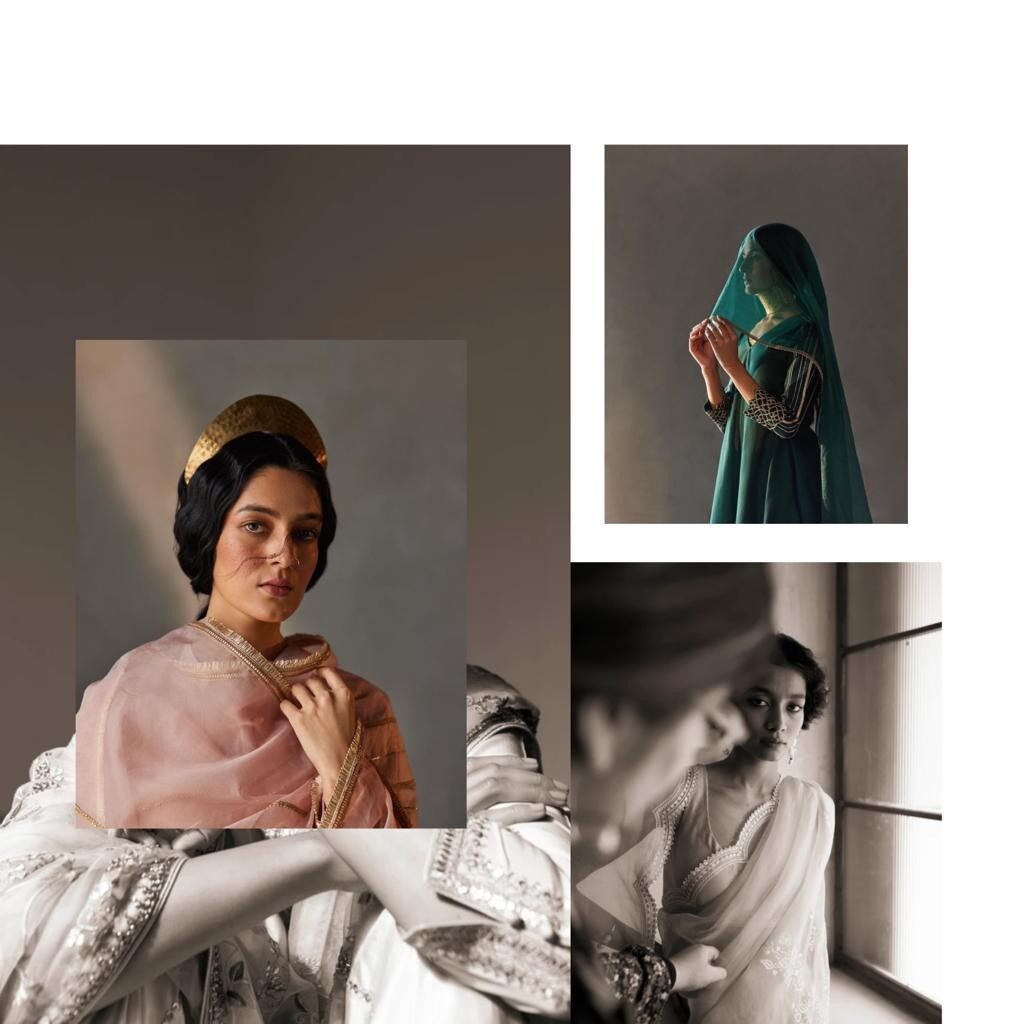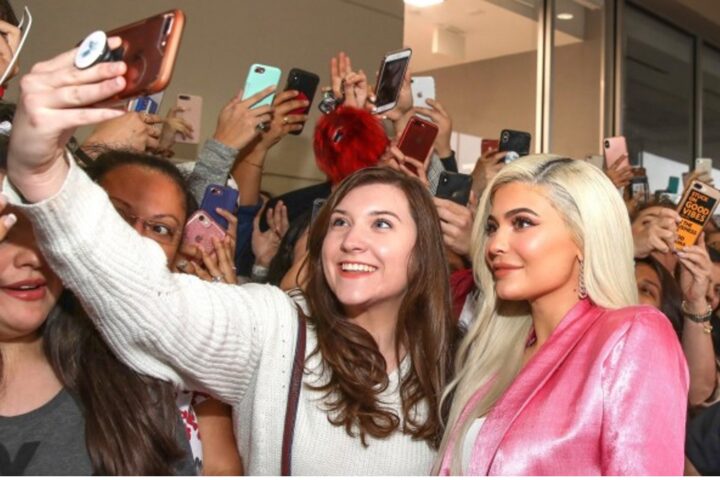Virtual influencers, also known as virtual humans, have recently gained immense popularity. Some of these virtual influencers have massive followings on social media platforms. If we look at the number of followers of some of the top virtual influencers on Instagram, we see that influencers such as Lu do Magalu has a staggering following of 6.1 million followers, Casas Bahia has an impressive 3.4 million followers, and Lil Miquela has over 2.9 million followers. Because of their large followings, major brands like Calvin Klein, Samsung, and Adidas have worked with various virtual influencers to promote their products. These collaborations have helped the companies behind the virtual influencers make millions of dollars.
As the use of these virtual stand-ins continues to rise, the concerns about liability for the content and violation thereof are also on a surge. Although the long-term viability of virtual influencers remains unclear, there is consensus on the need for greater clarification regarding many problems, such as intellectual property rights and other applicable laws like advertising regulations.
Collaboration with a virtual influencer may seem enticing at first, but it requires a great deal of prudence on the part of the company which intends to collaborate with a virtual influencer and the part of the entity or individual that is running the virtual influencer. On the one hand, due to the fact that these influencers are essentially ideas packaged as a product, it is imperative that any business interested in collaborating with a virtual influencer conducts extensive research before signing any contracts. On the other hand, the owner of the virtual person should have the legal right to protect and enforce its intellectual property in whatever work it creates.
Various governments are beginning to evaluate the necessity for reforms to their legislation to maintain accountability and defend the interests of the public as virtual influencers have become more popular and prominent. Some of these adjustments have already been made by a few governments. One example of this is the Federal Trade Commission (FTC) in the United States, which is contemplating updating its guidelines on endorsements to include virtual influencers. The Advertising Standards Council of India (ASCI) has included virtual influencers in their standards for “Influencer advertising on digital media,” making it very apparent that consumers must be informed upfront that they are not communicating with a real person.
Since virtual influencers have a considerable effect on consumer behaviour, there is a growing movement to hold them more accountable for their actions in order to safeguard the public from harm or manipulation. It is conceivable that more governments will explore taking similar steps to ensure the responsibility of virtual influencers and defend the interests of the public.
For instance, if a virtual influencer is featured in an advertisement for a cosmetic product and the public at large is not alerted of the same, it could lead to a few potential yet serious consequences. If the product advertised in question has a drastically different effect on human skin, and relevant authorities get involved, the same may have lethal consequences for both the brand and the virtual influencer (ultimately the entity/individual behind it), such as the advertisement being taken down and damages to be paid to the aggrieved. The essentials of an ethical advertisement are that an advertisement must be truthful, cannot be deceptive or unfair, and must be evidence-based should all the time be adhered to minimize any foreseeable dispute.
Many have also wondered who would be held liable in the event that a virtual influencer violated the law or infringed the rights of a third party. The problem is addressed in the broad philosophical and legal literature on the subject of civil responsibility for Artificial Intelligence (AI). Instead of giving AI systems their own legal personality and making them legally liable, there is a growing movement to hold the person or legal entity responsible for who plays or has played a significant part in the AI system’s development, management, or upkeep.
Therefore, the front-end operator, who is responsible for operating and controlling the risks associated with the AI system, and the back-end operator, who is responsible for defining the features of the technology and providing necessary data and support, are both liable for the actions of the AI system. Whether or not separate operators are identifiable and accountable for different reasons has no influence on joint liability to third parties; each operator’s entitlement to seek remedy from the other should be based on the actual level of control they exerted.
To put it simply, the businesses that create or program virtual influencers, the marketing agencies that utilize them, and the organizations that oversee their operations bear ultimate responsibility for their actions. As such, in cases of criminal behaviour, the main challenge will be determining the extent of accountability for all the operators involved in creating, managing, and safeguarding digital identity at different levels.
There is a significant level of interest among many people globally in virtual influencers, which are created by AI algorithms. As virtual influencers are a relatively new phenomenon, it is important for those who create them and the businesses that work with them to safeguard their intellectual property and adhere to relevant laws. The question of whether these new types of influencers should be held legally responsible for their advertising and promotional efforts is still up for debate. While it is difficult to predict the future development of legislation on AI and responsibility, it is necessary to address these issues early on through legislative intervention.
Disclaimer: Views expressed are of Author.
About Author:









